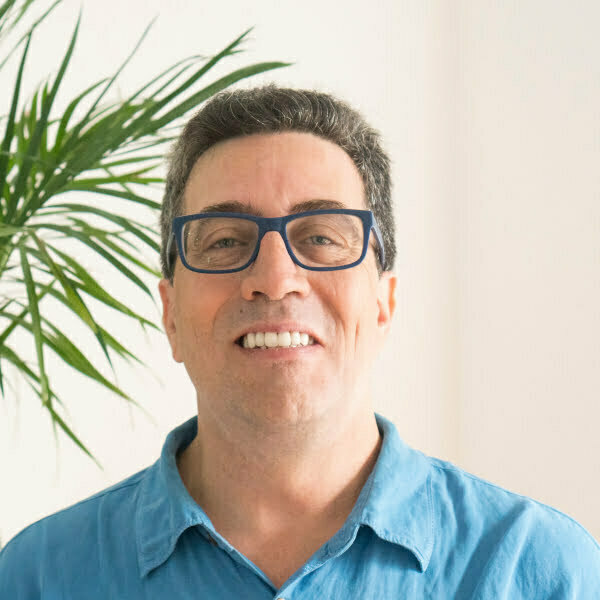


Hello to all the wonderful stroke survivors and devoted caregivers out there. Today, we’re delving into a topic that can indeed feel daunting—Global Aphasia. Receiving such a diagnosis can leave you bewildered and anxious, but it’s crucial to remember that you are not alone. The journey ahead may be tough, but it’s far from insurmountable.
Global Aphasia typically occurs due to a stroke affecting extensive areas of the language regions in the left hemisphere of the brain. Unlike other forms of aphasia, Global Aphasia severely impairs both expressive and receptive language skills. Speaking, understanding speech, reading, and writing are all significantly affected.
While there’s no universal treatment for Global Aphasia, speech therapy remains a cornerstone for improvement. Administered by a certified Speech-Language Pathologist (SLP), speech therapy involves various techniques aiming to rebuild communication skills in an effective and meaningful way.
A generic approach to therapy can be beneficial, but why stop there? We advocate for incorporating the patient’s interests and hobbies into the sessions. This transforms therapy from a daunting task into a labor of love.
Let’s move from just talking about hobbies to actually integrating them into your therapy. Here are some activity ideas that steer clear of common suggestions like cooking, art, and music, and are also appropriate for indoor settings:
Combining what you love with your therapy serves a dual purpose: your emotional engagement enhances cognitive stimulation, and incorporating your interests makes the task-oriented nature of therapy feel less cumbersome.
If you’re a caregiver, you are irreplaceably crucial in this journey. Here are some ways to make your role even more effective:
Speech therapy for Global Aphasia will often be a long-term commitment requiring sustained effort. The treatment plan must be continuously evaluated and modified as needed. It’s essential for the patient, caregiver, and healthcare team to be in sync and maintain an open line of communication.
Being diagnosed with Global Aphasia can be overwhelming, but with a robust support system and personalized speech therapy, it’s possible to make meaningful improvements. By combining professional guidance with your own interests, you’re not just working on regaining speech and comprehension; you’re also working on reigniting the passion and joy in life.
Wishing all of you strength, courage, and determination for the journey ahead. Take heart—you’re not walking this path alone.

Seth Koster M.S. CCC-SLP



